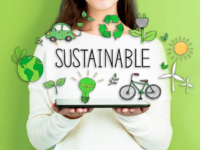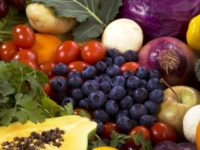 Australian consumer group, Choice, has applauded South Australia on the release of its free range egg certification draft code, which it says is a “step forward in providing consumers with greater confidence when buying free range eggs”.
Australian consumer group, Choice, has applauded South Australia on the release of its free range egg certification draft code, which it says is a “step forward in providing consumers with greater confidence when buying free range eggs”.
“South Australia has acknowledged that both consumers and industry are frustrated by the lack of a definition of free range eggs in Australia and has stepped in to reduce confusion and frustration in the state,” says Choice spokesperson, Tom Godfrey.
“Without a standard, consumers are at a loss as to what free range actually means and often needlessly pay a price premium. South Australia’s voluntary code defines what free range is and sets conditions that are in line with the model code and we congratulate them on creating a definition that meets consumers’ expectations.”
“All Australians deserve greater clarity over free range eggs. While we welcome SA’s certification, we need an enforceable national standard on free range eggs that meets consumers’ expectations.”
In June 2014, following a super complaint from Choice, NSW Fair Trading commenced work on the development of a national information standard for free range eggs.
Choice’s super complaint pointed out that while close to 40 per cent of the egg market is free range, the egg industry had admitted that many products labelled ‘free range’ do not meet the existing voluntary national standard which sets a maximum stocking density of 1500 hens per hectare on the outdoor range.
“What we need now is for other state and territory governments to follow the leadership position taken by both New South Wales and South Australia and deliver a national standard for consumers,” Godfrey said.
“A national standard makes sense for businesses and consumers. At the moment we have an absurd situation where consumers are given different information about eggs in different states. A shopper in Mount Gambier, South Australia will be getting different information to a shopper in Mumbannar, Victoria even though the towns are half an hour apart.
“Without an enforceable national standard, Australians in most states continue to pay a premium for eggs labelled ‘free range’ with little confidence they are getting the real deal,” he said.
“A national standard will help us unscramble the meaning of free range, benefiting consumers and genuine free range producers across the country.”
The latest news follows the Federal Court’s ruling in September last year that Pirovic Enterprises engaged in misleading conduct and made misleading representations in its labelling and promotion of eggs as ‘free range’.
It also follows the ACCC’s decision in December to take the supplier of Ecoeggs to court for alleged false and misleading free range claims.










